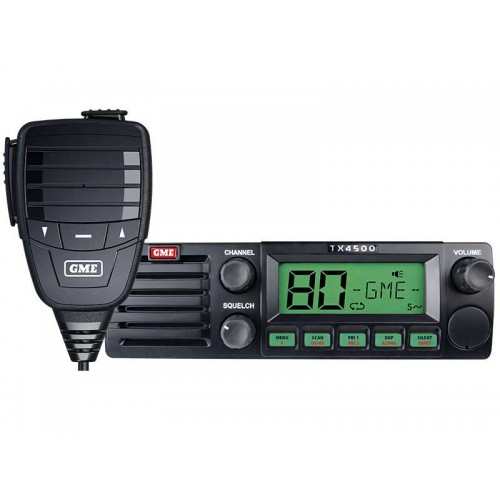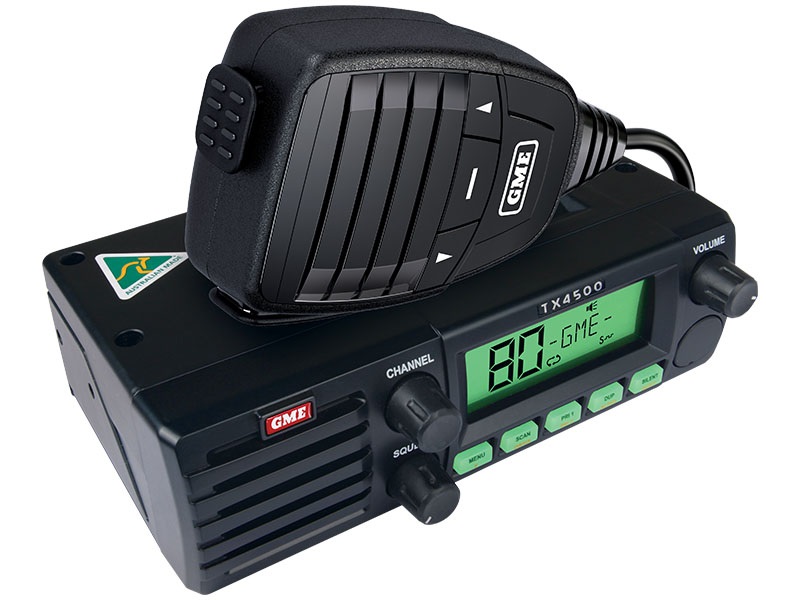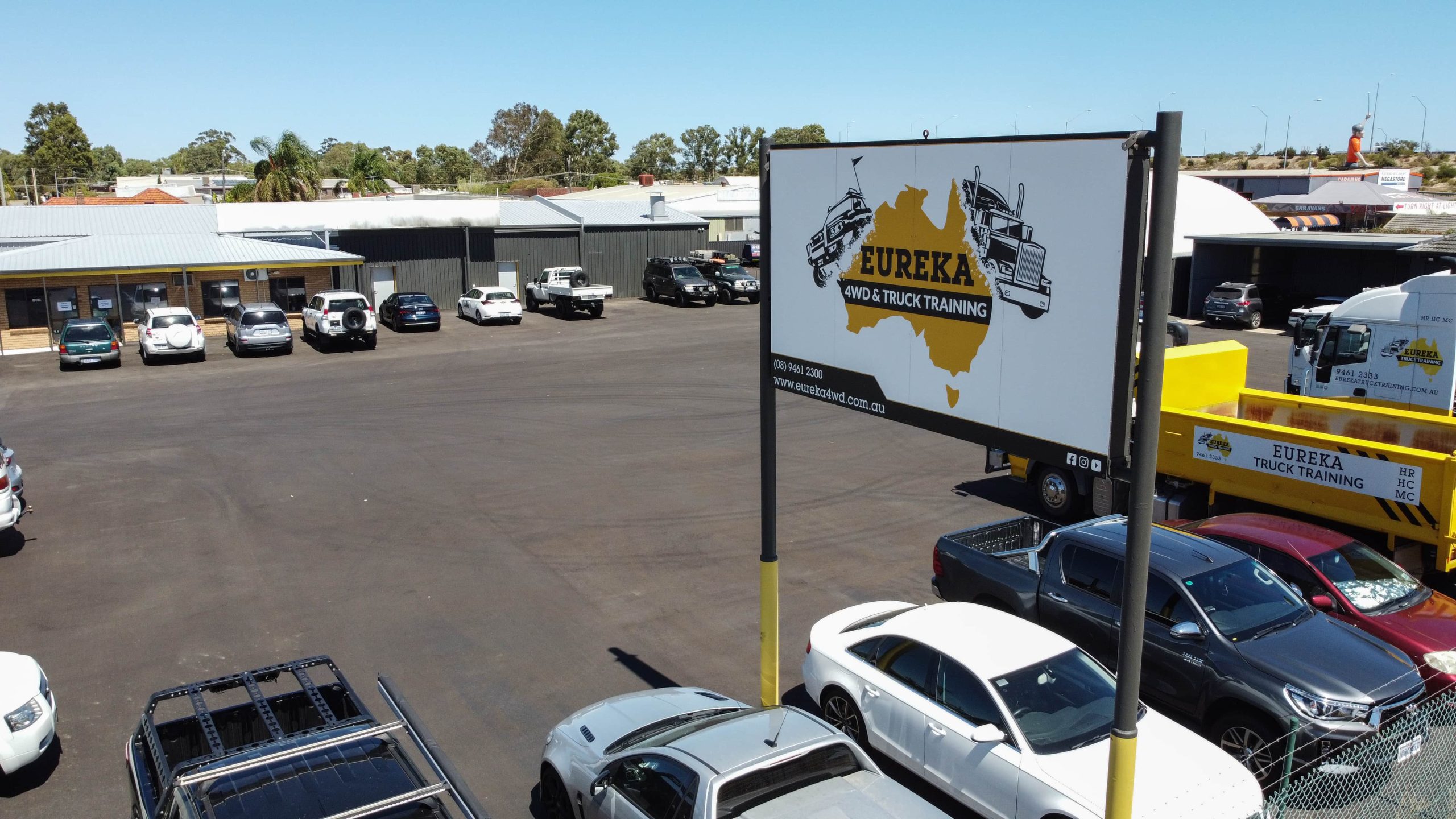UHF (Ultra high frequency) radios are a commonplace accessory that the vast majority of 4WDers use for general convoy driving and scanning on highways. It is important to remember to everyone that UHF transmissions are not private communication and anyone within range will hear your conversation so some simple etiquette is important.
UHF Radios Features
There are a lot of channels available for general use so if you find that your transmissions are possibly interfering with a group using that channel for work purposes then it is simpler to just change channels and carry on. On the other hand for those that use UHF radios for work purposes don’t forget it is public use also no one has direct rights to those general use channels.
It’s also fairly easy to work out if there are families with possibly young children in convoys off
Another point to note on UHF transmissions is to be very careful where the mic is placed as we have had some very embarrassed people amongst our groups over the years that didn’t realise the mic had fallen between the seat or something had fallen on it so everyone within 10 kilometres or so have heard every bit of their personal in-car conversation 🙂 As well we often find newcomers using UHF talk into the mic too early and the first part of their conversation gets cut off, press the PTT button and wait a second before speaking.
Prior to 2011, there were only 40 channels allocated for use but UHF operators now have access to 80 channel radios, although not all of those channels should be used for general chat. Legally also UHF radios are permitted to be a maximum of 5 watts output power.
32 Channels (16 Output, 16 Input)
There are 32 channels (16 output, 16 input) that are allocated to repeater stations and these should not be used for general simplex transmissions.
Repeaters can extend the range of a UHF’s transmission by receiving and then rebroadcasting the transmission using an antenna located in a high location, such as a mountain top, tall building or radio tower. A transmission range of over 100 kilometres can be achieved through the use of a repeater.
- Repeaters are on channels 1–8 and 41–48 and the duplex button should be pressed to access the repeater
- Channels 1 to 8 (Output) & 41 to 48 (Output) are repeater channels (To use these press the DUPLEX button on your UHF radio)
- Channel 5 & 35 are for emergency use only (By-law), Not for general use
- Channels 22 & 23 – Data transmissions only
- Channels 31 to 38 (Input) & 71 to 78 (Input) are repeater channels (Duplex Input)
- Channels 9, 12-17, 19-21, 24-28, 30, 39, 49-60, 64-70, 79 and 80 are for general communicationChannel 10 is adopted for use by 4WD’s and National Parks
- Channel 11 is meant to be the call channel (Once comms are made move to another channel) Yes agree ??
- Channel 18 is an adopted channel for use by caravans and general convoy
- Channel 40 is the road safety channel (used primarily by truck drivers and pilot escorts)
- Channel 10 is adopted for use by 4WD’s and National Parks
- Channel 11 is meant to be the call channel (Once comms are made move to another channel) Yes agree??
- Channel 18 is an adopted channel for use by caravans and general convoy
- Channel 40 is the road safety channel (used primarily by truck drivers and pilot escorts)
The Maximum Penalties for the Misuse of the Legally Allocated CB Emergency Channels are:
- For general misuse – if an individual 2 years imprisonment, otherwise $165,000 (a $220 on-the-spot fine can be issued in minor cases); or
- For interference to an Emergency call – if an individual 5 years imprisonment, otherwise $550,000.




